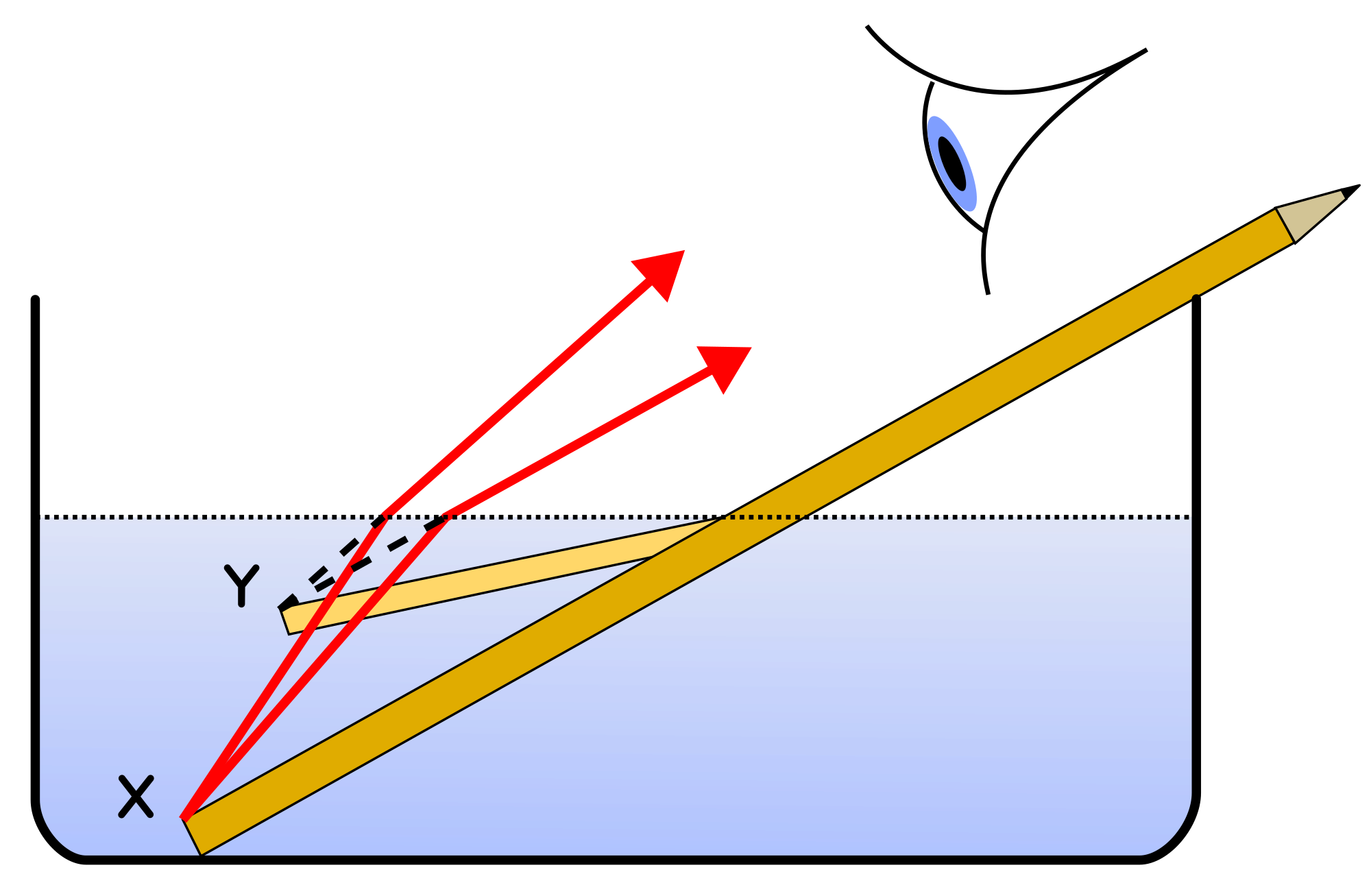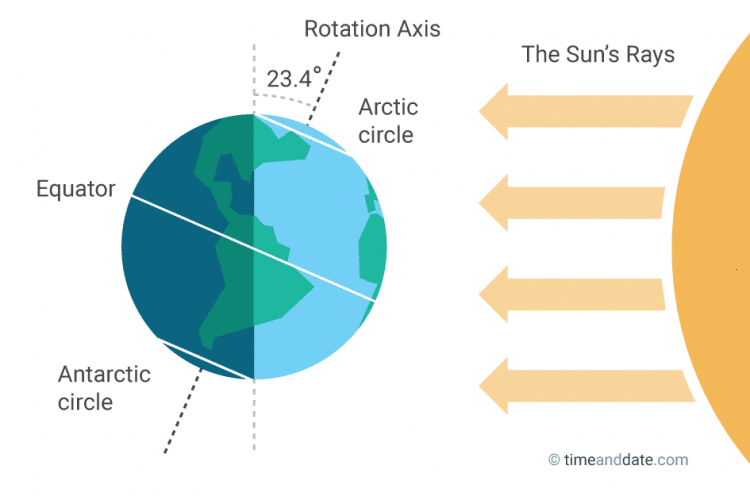"Karl Popper, the enemy of certainty, part 4: Lakatos, Kuhn and Feyerabend" by Liz Williams
The history of the philosophy of science throughout the 20th century is marked by sporadic reactions to Karl Popper, breaking out into florid and controversial display and effectively governing the course of the discipline as the century winds to its close. Popper's most significant critics during this period were the trio of Imre Lakatos, Thomas Kuhn and Paul Feyerabend – very different thinkers who, nonetheless, in their response to the theory of falsification, served to drive the philosophy of science forwards in leaps and bounds.
A central difficulty of falsification is behavioural rather than theoretical – falsificationism is an ideal. Scientists do not, in practice, jettison theories in response to a single falsificatory instance.
But what do they do instead? Generally they attempt to rescue their theory by dint of shoring it up with auxiliary hypotheses. Popper recognises this, referring to it as the "conventionalist stratagem".
[. . .]
The precise manner in which scientists shore up their theories forms the basis of our trio's work. There are a number of reasons for the conventionalist stratagem, most of them obvious. If you've invested a great deal of time and money in the investigation of a particular scientific theory, you will, naturally, be loth to throw the theoretical baby out with the bathwater – especially if your work is funded by a much wider organisation, such as the government or the military.
These practical considerations aside, scientists get attached to theories – and this, too, is where the sociology of science comes in. Commentators vary on how far they believe that scientists' attachment to particular paradigms governs their thinking. In the pure realms of science, they're probably not supposed to get attached at all (theories aren't cats), but scientists are human, too, no matter how sniffy stringent rationalists might get about the issue.
Of the philosophers, as opposed to the sociologists, of science, it is probably Kuhn who has taken this view furthest: scientific paradigms, he claims , only really change when the old guard who promoted them either retire or expire. This is essentially a non-rational view of theory change, and has been open to some criticism as a result.
So how does Kuhn characterise the scientific method? Science, Kuhn claims, is formed of competing paradigms, one of which will usually be dominant in any given period. A scientific paradigm consists of a core theory surrounded by a number of auxiliary hypotheses. The core theory generally remains constant, whereas the auxiliary hypotheses are modified in the light of new or conflicting evidence.
Eventually, it may prove impossible to support the core theory by hypothesis modification any further, and at this point the core theory itself is abandoned or radically altered and a paradigm shift occurs. But this is an unusual event, going beyond what Kuhn refers to as "normal science": those often lengthy periods in which scientists try to hang on to their theories in the face of competing evidence. Popper's view is, Kuhn maintains, too idealistic.
Lakatos endeavours to reconcile the Popperian viewpoint with that of Kuhn: dispensing with the concept of the paradigm, he suggests that science moves forwards by means of the progressive research programme. Rather than invoking truth or falsity, we should consider whether a research programme – the hard core of hypotheses that constitute a theory – is progressing or degenerating. Does a theory predict new facts? Does it grow? If so, we may say that it is progressing. Lakatos's views form a halfway house between Kuhn and Popper (he was a student of the latter), and his approach is often considered to be a more nuanced form of falsificationism.
A more anarchic approach – literally – is offered by Feyerabend. Auxiliary hypotheses are critical, he argues, but may be irrational. In fact, it's impossible to develop any set of methodological rules by which scientists work: ad hoc, rule-breaking postulates are the order of the day. We seem to be heading at full speed towards epistemological relativism here, and indeed, according to Feyerabend, this is the case: not only does science fail to proceed according to fixed principles, but it doesn't deserve its epistemic privileges, either. Far out! So if your preference is for Feyerabend over Popper, astrologers might be on to something, after all.







